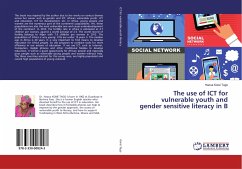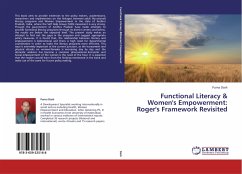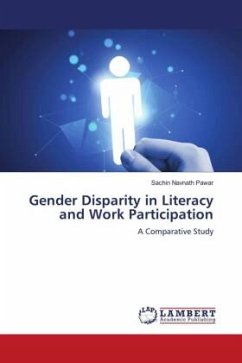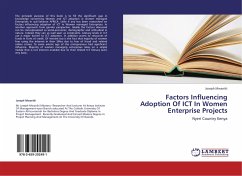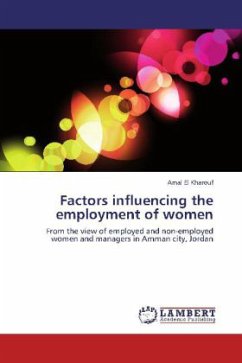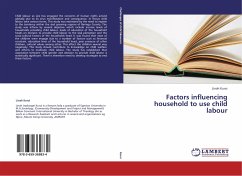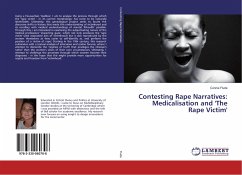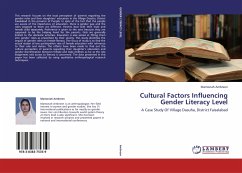
Cultural Factors Influencing Gender Literacy Level
A Case Study Of Village Dasuha, District Faisalabad
Versandkostenfrei!
Versandfertig in 6-10 Tagen
45,99 €
inkl. MwSt.

PAYBACK Punkte
23 °P sammeln!
This research focuses on the local perception of parents regarding the gender roles and their daughters education in the Village Dasuha, District Faisalabad in the province of Punjab. In spite of the fact that the people are aware of the importance of education, there is gender gap and the roles assigned to them are different. Parents deal with their male and female child separately. Preference is given to the sons because they are supposed to be the helping hand for the parents. Girls are generally limited to the domestic activities. Education is also aimed at fitting them into gender roles a...
This research focuses on the local perception of parents regarding the gender roles and their daughters education in the Village Dasuha, District Faisalabad in the province of Punjab. In spite of the fact that the people are aware of the importance of education, there is gender gap and the roles assigned to them are different. Parents deal with their male and female child separately. Preference is given to the sons because they are supposed to be the helping hand for the parents. Girls are generally limited to the domestic activities. Education is also aimed at fitting them into gender roles as prescribed by their society. This study identifies the impact of gender roles on female literacy. The focus of study is to find the actual reason of low participation rate of female education with reference to their role and duties. The efforts have been made to find out the culture perception of parents regarding their daughter s education and gender discrimination between female and malechildren as far as the role assignment and access to literacy is concerned. The data presented in this paper has been collected by using qualitative anthropological research techniques.



